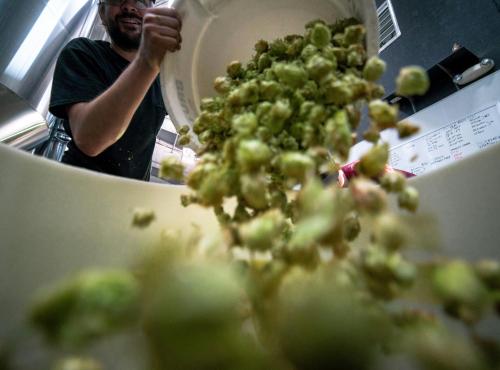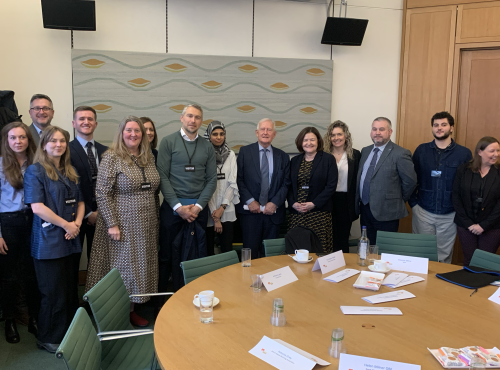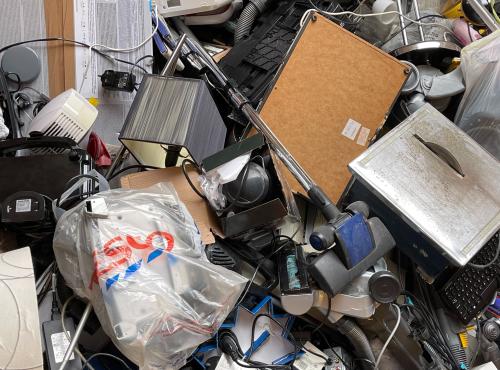Setting the scene for the future of plastic recycling
Policy Connect's Jacob Ainscough attended the RECOUP Plastic Recycling Conference at Peterborough
As research continues for our Zero Plastic Waste project, last week I attended the RECOUP (RECycling Of Used Plastics) Plastic Recycling Conference in Peterborough. The event brings together some of the biggest names in the world of recycling, and this year attendees were encouraged to ‘carpe diem’ amid a palpable feeling that change is afoot.
The Government is due to publish its Resource and Waste Strategy in the coming months, accompanied with several consultations on major reforms to the plastic recycling system. Nick Brown from Coca-Cola European Partners was not exaggerating when he said that what happens in the next year will set the scene for the next 20 or 30 years.
RECOUP had done an excellent job of putting together highly knowledgeable panels representing a range of views, leading to some lively debate. Particularly refreshing was the inclusion of Elena Polisano from Greenpeace on the opening panel, where she staunchly defended the position that recycling is not sufficient and we must reduce our dependence on plastic. Other debated topics were the meaning of ‘full cost’ recovery in the context of producer responsibility (should the cost of tidying litter be included?), how best to communicate with end consumers, and the point at which recycling should be measured (a crucial factor in the way statistics are collected and compared).
Whilst there was much debate over the technicalities of producer responsibility reform, we were reminded that such changes are unlikely to take place until 2023 and more needs to be done in the here and now.
Justin Kempson from Charpak Ltd showed how progress was being made through their work with local authorities and waste collectors to create a localised circular plastic economy. Matt Holland from the Ocean Recovery Project presented another collaborative project with Exeter City Council and Odyssey Innovation Ltd aiming to keep plastics from beach cleans out of landfill and incineration.
Many speakers also highlighted the normative nature of plastic waste issues. Beyond reforms to policy and regulations, addressing the UK’s convenience and throwaway culture requires a much broader shift in public values.
I took away from the conference many themes and ideas to follow up on within our own research, and look forward to discussing these further at our upcoming parliamentary round tables this Autumn for the Zero Plastic Waste research project we have embarked upon.



